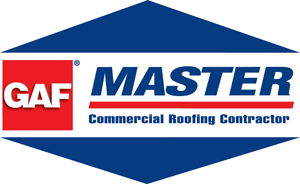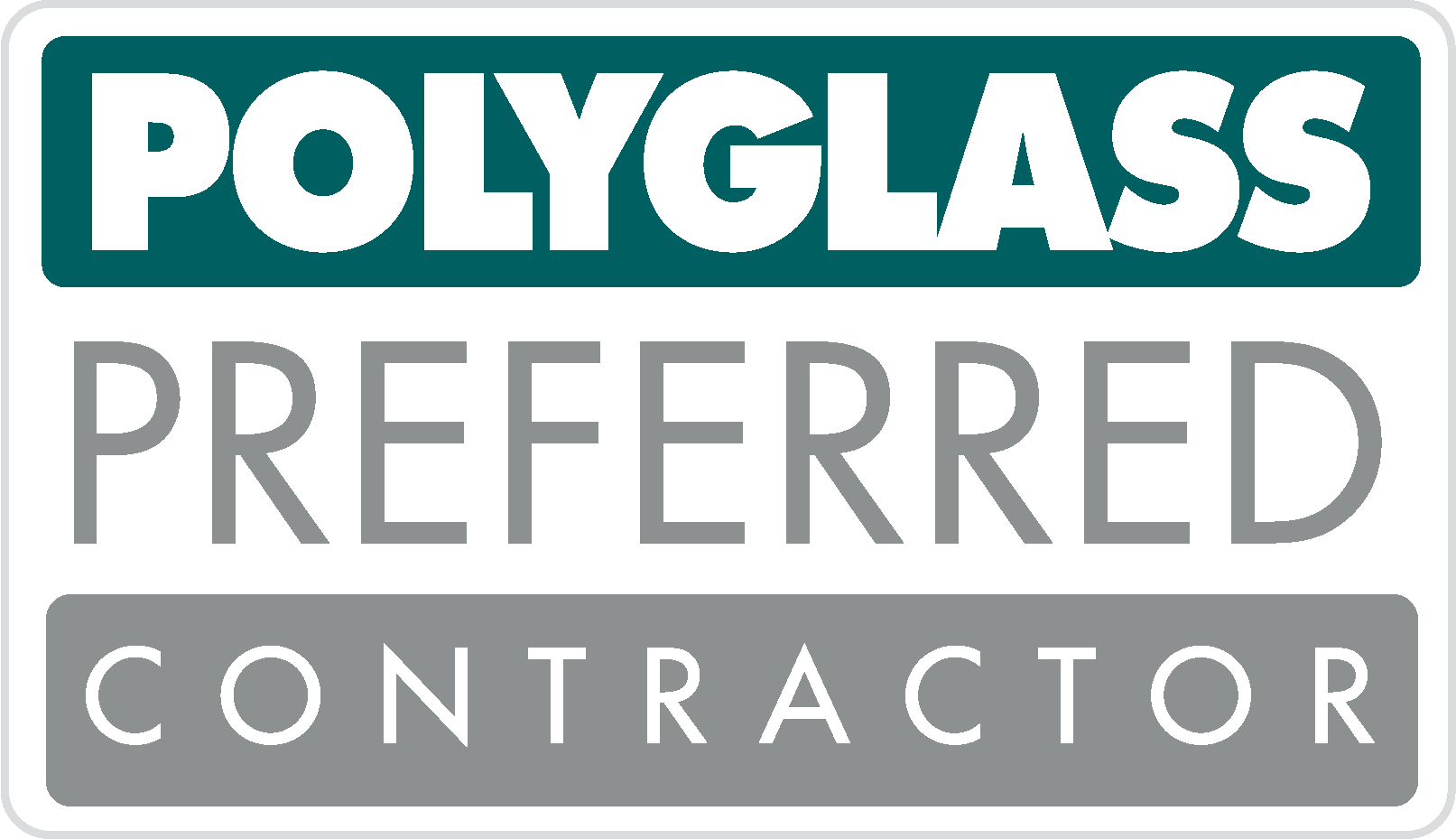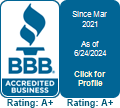
Roof Repair Specialist received two prestigious awards at the 2024 Owens Corning Platinum Conference. This industry recognition reflects our continued focus on bringing a results-oriented, customer-driven approach to running our business and delivering trustworthy, dependable work for Los Angeles, CA homeowners.
California State License Board
Though it may seem standard for any Los Angeles roofing company to have proper licensing, insurance and certification, but unfortunately that isn’t always the case. We encourage you to do a little digging prior to hiring us or any other roofing/home improvement company to ensure they have the proper roofing contractor’s insurance and certifications. Most people don’t realize the importance of these until it is too late.
Every state has different regulations when it comes to licensing. In California, the governing agency for any construction company license is the CSLB (Contractors State License Board). By law:
- Construction projects over $500 (material and labor) must be completed by a licensed contractor.
- Each trade requires a different license. For example, a licensed roofing contractor is not allowed to do plumbing. Neither is a general contractor allowed to do just roofing or just plumbing.
- Contracting licenses are public on the CSLB Portal. If you want to know how to check if a contractor is licensed and insured in California, you can check the portal to see if a company’s license is active or if they have a Bond and Workers’ Compensation. However, you wouldn’t be able to see if they have General Liability Insurance.
Types of Licenses:
When hiring an LA roofer, you need to ensure they have a C39 License. Here is a list of all contractor licenses:
- B license: this is for a general contractor. A general contractor must take projects with a minimum of 3 trades, with the exception of framing and carpentry.
- C license: this license is for specialty contractors such as plumbers, roofers, electricians, painters, etc.
- A & D licenses: these licenses are less common. A licenses are used by Engineering contractors to build bridges and roadways. D licenses are for very specific, niche trades such as wood tanks, air and water balancing, and central vacuum systems.
Need somebody to do a licensed roof repair in Burbank, Pasadena, Los Angeles or Long Beach?
Insurance
The future is unpredictable, which is why it is our top priority to be prepared for all circumstances. Below is a list of the roofing contractor’s insurance we have as a company. You should check with any company you want to hire to make sure they have insurance as well.
There are 3 major types of insurance to look out for when hiring a contractor in California:
- Workers Compensation Insurance
- General Liability Insurance
- Commercial Auto Insurance
Workers Compensation Insurance
- A.K.A. Workers’ Comp, provides wage replacement and medical benefits to employees injured in the course of employment. If the contractor you hire does not have Workers’ Comp and one of his employees gets injured on the job, you could be held liable.
- This is not private information and any company that is not willing to provide you with a copy of the policy, or says they will provide you a copy after you sign a contract, probably doesn’t have it.
- We recommend you call and verify if the insurance policy is valid and active (we have seen and heard of instances where contractors forge these documents, knowing most consumers do not check). You can also verify our Workers Comp policy on the CSLB website here.
General Liability Insurance
- Pretty much covers anything that can go wrong on your property, excluding company vehicles and employee injuries. For instance, GL Insurance covers property damage, such as if a painter spills paint on your driveway, or if a roofer accidentally starts a fire.
- We recommend you verify that a company’s GL Policy is valid and active.
- Many GL Policies have exclusions. Exclusions are put in place to minimize liability and cut cost for the contractor, however that could mean a huge cost for you. A few common exclusions to watch for are HOA’s or Townhomes and torch down work. Our policy has some standard exclusions, such as a terrorism exclusion or pandemic/plague exclusions, those are normal and to be expected. In order to spot these exclusions, you have to request a copy of the GL Policy from the company and actually read through it.
Commercial Auto Insurance
- Commercial Auto Insurance is the same thing as regular car insurance, only it’s for companies.
- Some contractors, especially smaller ones, decide not to get a Commercial Auto Policy and stick with their personal auto insurance to save money. However, regular auto insurance will deny any claims if they know the vehicle was being used for commercial purposes.
- Commercial Auto Insurance generally has higher limits of liability as well.
Bonds
There are different types of bonds in construction. The most common in regular retail projects is a License Bond. A License Bond is required by the CSLB and is generally very inexpensive, so most license contractors do have an active bond.
Other types of bonds include Project Bonds, Bid Bonds, and Performance Bonds, which are generally used for government projects.
Our Other Certifications
Below are additional certifications we hold with different manufacturers. They are not required by law, nor do they mean that the companies that have them are the greatest. It is just one additional aspect to consider when vetting a roofing contractor in Los Angeles, CA. Most of these certifications are earned by attending multiple trainings and having experience with a certain product.




